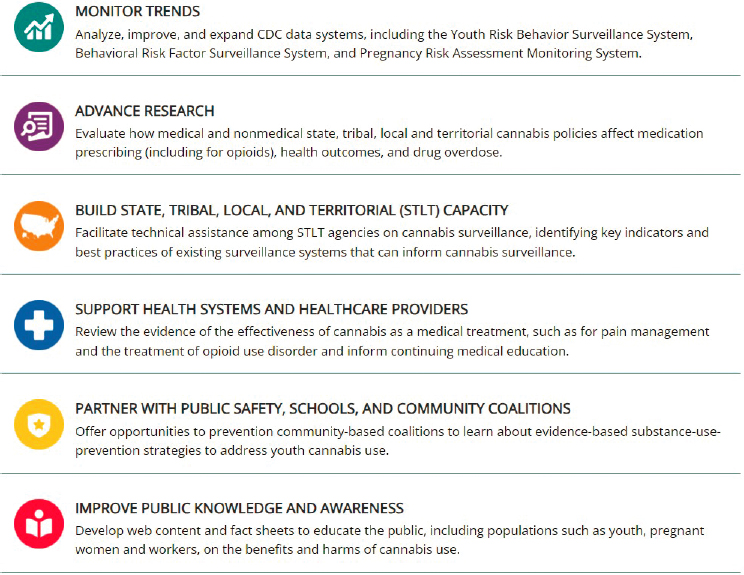
In the modern interconnected world, personal health influences the wellness of communities. This is illustrated by the transformation of pain clinics, which have progressed beyond their initial focus on chronic pain management. A recent peer-reviewed article [published in the SVOA Medical Research journal](https://www.researchgate.net/publication/394542596_Pain_Clinic_and_Societal_Safety_Promoting_Road_Safety_Family_Well-being_Workplace_Safety_and_Risk_Management_SVOA_Medical_Research) emphasizes how pain clinics are enhancing societal safety by addressing risks that go beyond clinical environments; advocating for safer roads, healthier families, and improved workplaces.
The clinical research examined data from 1,203 patients over a duration of seven years. It indicated that pain clinics act as essential partners in promoting public safety. Of those receiving treatment, a notable number participated in therapeutic programs designed to decrease societal risks. These included specific initiatives for evaluating driving capability, child custody, family safety matters, and workplace readiness. By assisting patients in regaining complete functional capacity, safely managing medications, and recovering from substance abuse, pain clinics are closely associated with enhanced safety results across various areas.
One compelling discovery from the clinical study involved patients referred for road safety and driving clearance evaluations. Chronic pain, medication-induced sedation, and diminished cognitive ability can jeopardize a driver’s capacity to handle a vehicle safely. Pain clinics offer systematic assessments and recovery programs, ensuring that patients reach adequate mental and physical stability prior to resuming driving. Consequently, they diminish risks not just for individual drivers but for all individuals who use public roadways.
Furthermore, the clinics’ initiatives related to family well-being reflect a broader societal influence. Families facing untreated pain, substance misuse, or mental health complications encounter increased risks of instability, discord, and potential danger. Through interdisciplinary care that combines medical treatment, psychological assistance, and social services, pain clinics empower patients to cultivate safer home environments and reinforce family bonds. This not only benefits the individual but also alleviates pressure on child protection services, judicial systems, and community welfare agencies.
In terms of workplace safety, pain clinics assist both workers and employers by enabling safe return-to-work initiatives, managing opioid use appropriately, and facilitating functional capacity evaluations. By confirming that employees are physically and mentally capable of performing their tasks, clinics help prevent workplace injuries, increase productivity, and lower liability concerns for businesses. This contributes to wider economic stability and societal resilience.
The overarching concept in these contributions is risk reduction. Pain clinics lessen the chances of harm, whether it occurs on the road, within households, or in professional environments, by actively tackling the underlying health issues that pose safety threats. Services provided by pain clinics closely align with enterprise-wide risk management principles, offering a preventative approach that benefits individuals, families, communities, and systems alike.
In an era when public safety challenges are becoming increasingly intricate, pain clinics stand out as a formidable yet underappreciated ally. By merging medical treatment with behavioral health, social support, and functional rehabilitation, they expand their influence beyond individual patients. Their effects extend outward, enhancing driver safety, fortifying family units, promoting workplace health, and ensuring community security.
Indeed, pain clinics are not merely treatment facilities; they are foundational elements of societal safety. Their holistic approach to chronic pain and substance misuse transforms lives while bolstering the systems that protect communities. As policymakers, healthcare leaders, and employers strive for sustainable solutions to complex safety issues, partnering with pain clinics presents a pathway toward a healthier, safer society for everyone. When pain is managed responsibly, it benefits everyone; at home, in the workplace, and on the road.
*Olumuyiwa Bamgbade* is a distinguished healthcare leader with a significant emphasis on value-based health delivery. A specialist physician with extensive training throughout Nigeria, the United Kingdom, the United States, and South Korea, Dr. Bamgbade brings an international perspective to clinical practice and health system innovation.
He is an adjunct professor at educational institutions across Africa, Europe, and North America and has authored [45 peer-reviewed scientific articles](https://orcid.org/0000-0002-8228-9260) in PubMed-indexed publications. His [global research collaborations](https://www.researchgate.net/profile/Olumuyiwa-Bamgbade) encompass over 20 nations, including Nigeria, Australia, Iran, Mozambique, Rwanda, Kenya, Armenia, South Africa, the U.K., China, Ethiopia, and the U.S.
Dr. Bamgbade directs the [Salem Pain Clinic](https://salempainclinic.net/about-us/) in Surrey, British Columbia, Canada—a clinic that focuses on both specialization and research. His work at the clinic revolves around pain management, health equity, injury rehabilitation, neuropathy, insomnia, societal safety, substance misuse, medical sociology, public health, medicolegal science, and perioperative care.